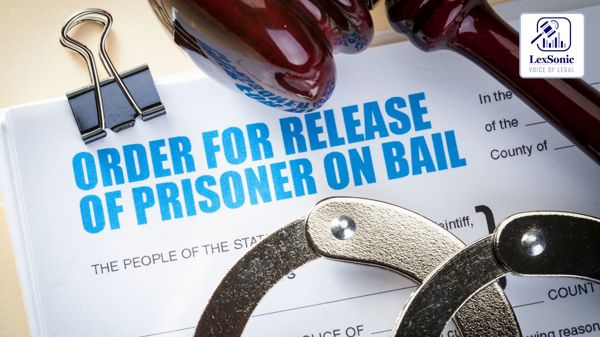Terrorism Case: Supreme Court Decides on Bail Appeal.
10 May 2024
Bail and Antcipatory Bail >> Criminal Law
The Supreme Court of India has upheld a High Court decision granting bail to a respondent accused of involvement in a terrorist attack. The National Investigation Agency (NIA) had challenged the High Court's order, arguing that the respondent posed a threat to witnesses and could tamper with evidence.
Background:
The respondent, whose identity is not being revealed, was arrested for his alleged role in a terrorist attack that resulted in the deaths of police personnel. The NIA charged him under various sections of the Indian Penal Code (IPC) and the Unlawful Activities (Prevention) Act (UAP Act) for his suspected involvement with a terrorist organization. The NIA court initially rejected the respondent's bail plea. However, the High Court subsequently overturned this decision and granted him bail with specific conditions attached.
NIA's Appeal and Arguments:
The NIA appealed to the Supreme Court, arguing that the High Court had erred in granting bail. The agency presented evidence suggesting the respondent's key role within the terrorist organization, including providing financial and logistical support. Additionally, the NIA raised concerns about the respondent's potential to influence witnesses or tamper with evidence due to his alleged criminal history and involvement in other ongoing cases.

Respondent's Defense:
The respondent's defense countered the NIA's claims. They argued that the prosecution lacked strong evidence to support the accusations. They pointed out that the respondent's name wasn't mentioned in initial witness statements and that there was no concrete proof of his involvement. Furthermore, the defense highlighted that the respondent had been granted bail in other cases without violating any conditions.
Conclusion:
The Supreme Court, after careful consideration, dismissed the NIA's appeal and upheld the High Court's bail order. The Court's decision was based on several key factors:
- The absence of any evidence suggesting the respondent had violated the bail conditions imposed by the High Court.
- The fact that the respondent had been granted bail in other cases without any reported violations.
- The lack of overwhelming evidence presented by the NIA to justify denying bail in this specific case.
The Court, however, clarified that the prosecution retains the right to seek cancellation of the bail if the respondent breaches any of the stipulated conditions. Additionally, the Court emphasized that the observations made during the bail hearing are not to be considered during the trial. The case will proceed based on merit and the evidence presented in court.
Unlawful Activities (Prevention) Act, 1967
National Investigation Agency Act, 2008
Narcotic Drugs and Psychotropic Substances Act, 1985
